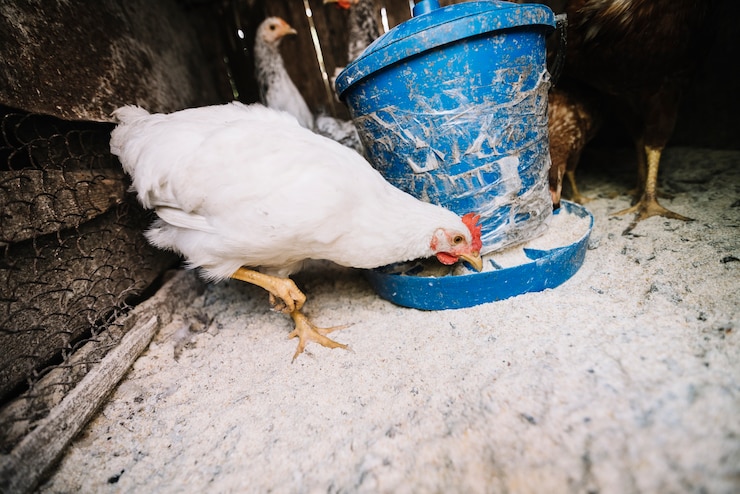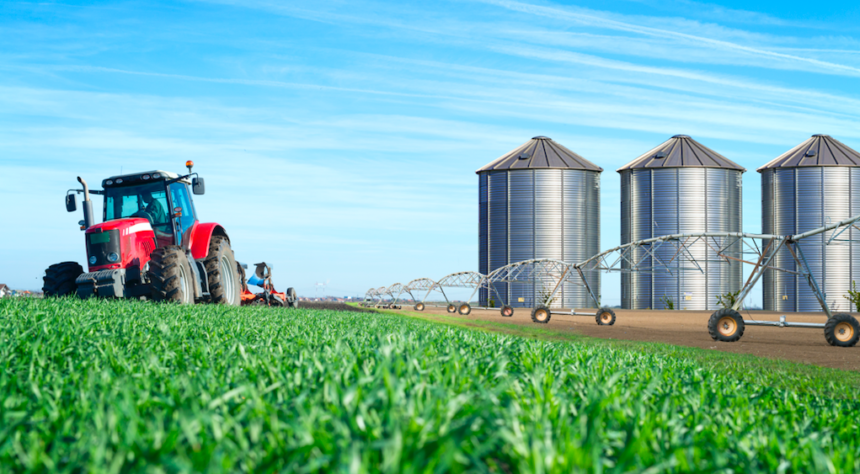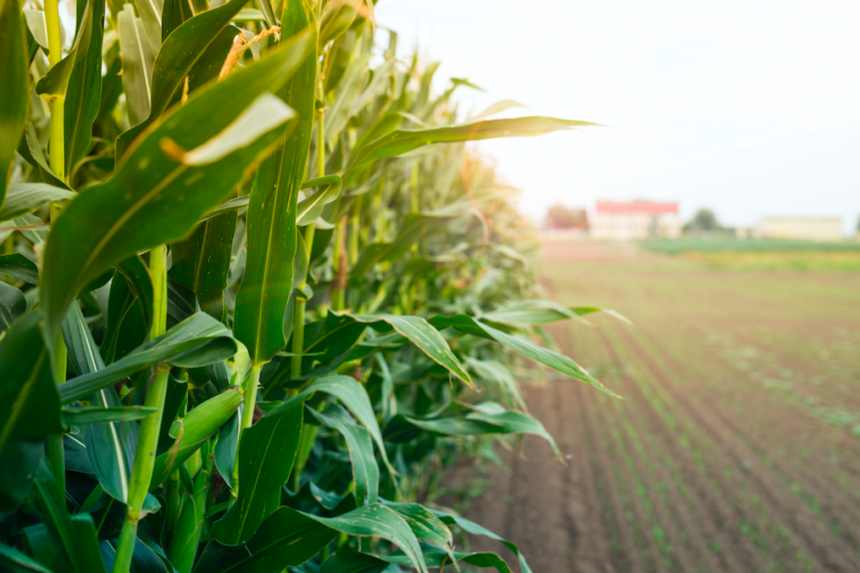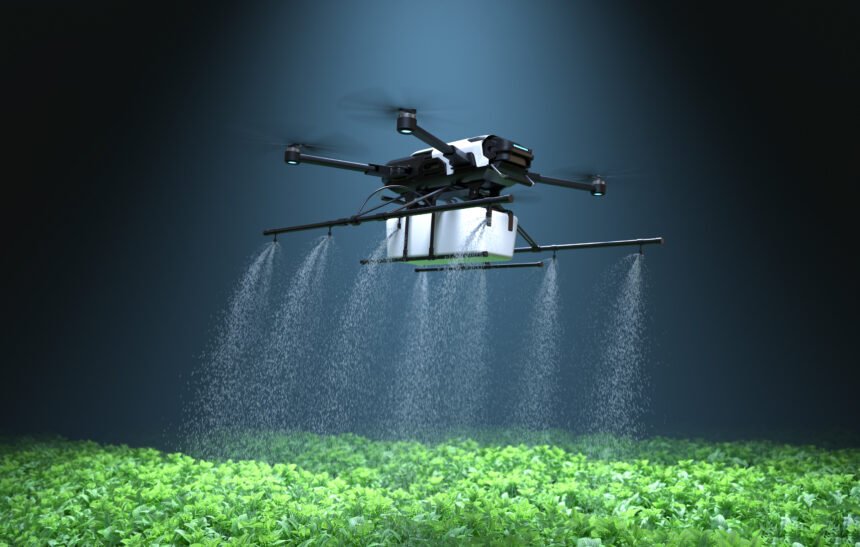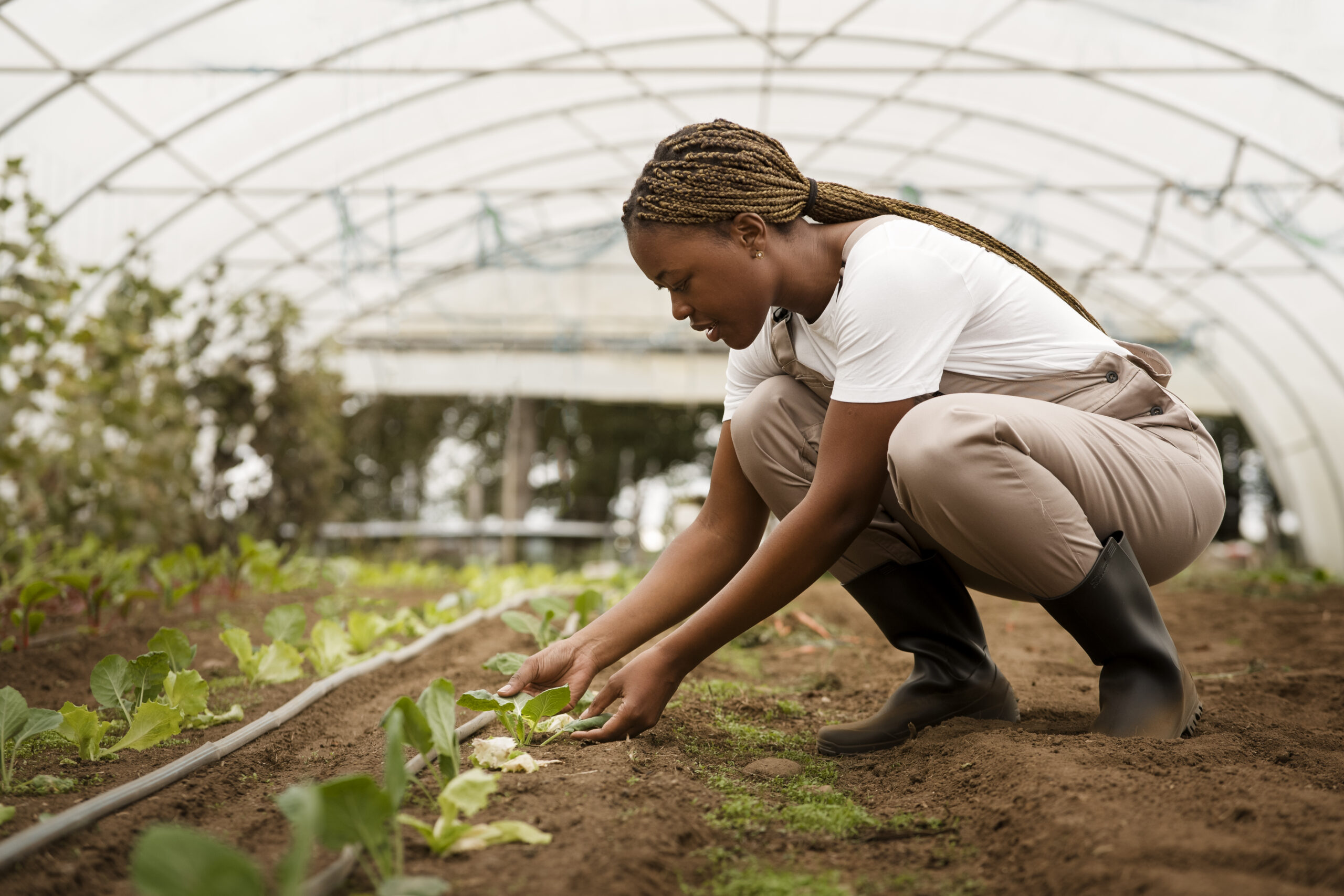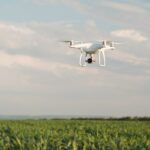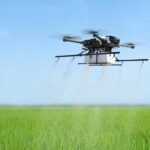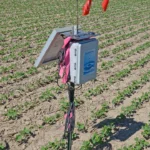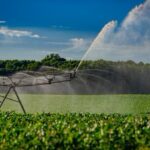7 Reasons Why Your Broiler Chickens Are Not Growing
Raising broiler chickens can be a rewarding venture, but it can also be frustrating when you notice that your birds are not growing as expected. Broiler chickens are specifically bred…
From Farm to Shelf: Getting Your Vegetable Produce in Retail Stores in South Africa
For South African farmers, gaining access to retail stores provides a significant opportunity to expand their customer base and increase profitability. Getting your vegetable produce on the shelves of retail…
10 Agricultural Degrees Offered in South Africa
South Africa's rich agricultural landscape and diverse farming practices make it an ideal destination for individuals passionate about pursuing a career in agriculture. With numerous educational institutions offering a wide…
Enhancing Farm Communication and Security: Harnessing the Power of Walkie Talkies
Effective communication and robust security measures are crucial for the success and safety of farms in South Africa. With the country's diverse agricultural landscape and vast rural areas, traditional communication…
5 Ways To Beat Loadshedding On Your Farm In South Africa
Dealing with loadshedding in South Africa is now an everyday thing and electricity outages on a farm can be challenging, but there are several strategies you can implement to mitigate…
20 Things You Should Know About the Blended Finance Scheme (BFS)
The Blended Finance Scheme (BFS) is a blended finance program that aims to commercialize development farmers in partnership with the Department of Agriculture, Land Reform and Rural Development (DALRRD). The…
10 Sectors of Agriculture You Should Know About In South Africa
Agriculture plays a vital role in feeding the South Africa's growing population and sustaining rural economies. While farming is the most commonly recognized sector of agriculture, the industry encompasses various…
10 Farming Ideas for South African Farmers
South Africa's agricultural sector offers a wealth of opportunities for farmers to explore innovative and profitable farming ventures. With diverse climatic conditions and a rich agricultural heritage, the country provides…
10 Things You Can Do to Improve Security at Your Farm
Farm security is a crucial concern for agricultural operations, whether you’re managing a large commercial farm or a smaller family-run venture. Farms are vulnerable to various threats, from equipment theft…
10 Things You Should Know About Crop Rotation
Crop rotation is an essential practice in agriculture that involves the systematic sequencing of different crops in the same field over a period of time. This practice offers numerous benefits,…
5 Low-Cost Irrigation Systems for Small Farmers
5 Low-Cost Irrigation Systems for Small Farmers Irrigation is a critical component of successful farming, ensuring plants receive adequate water for optimal growth and productivity. While advanced irrigation systems can…
10 Things to Consider Before Getting into Farming
Embarking on a farming venture can be an exciting and fulfilling endeavor. Whether you're considering starting a small-scale operation or diving into large-scale agriculture, it's essential to carefully consider various…


